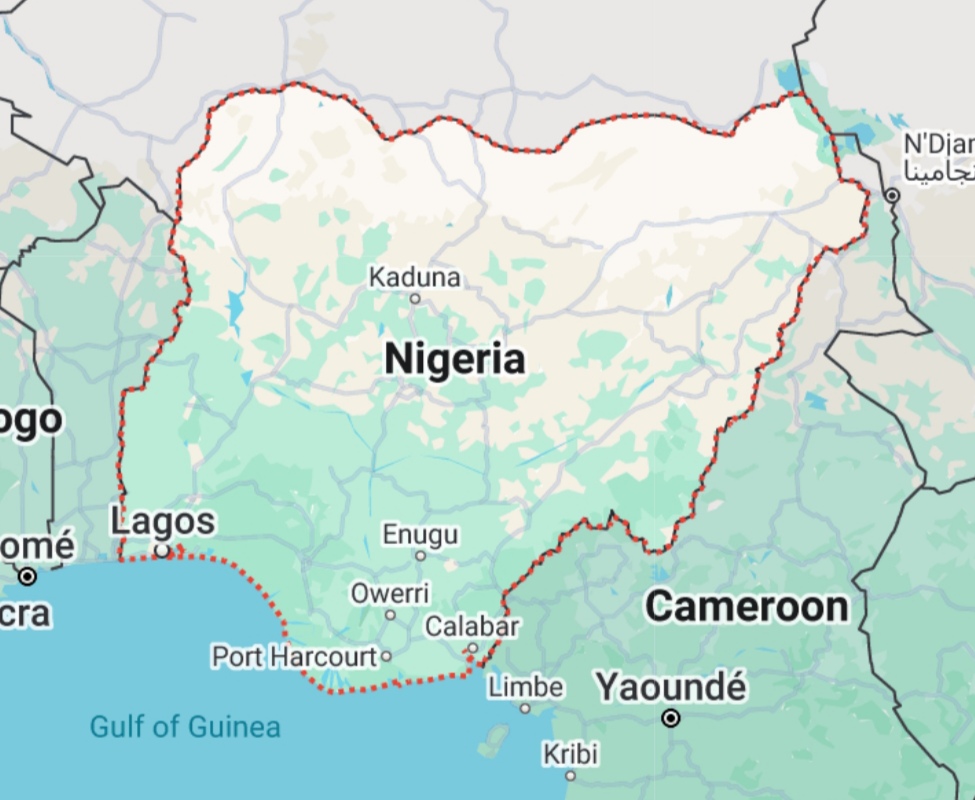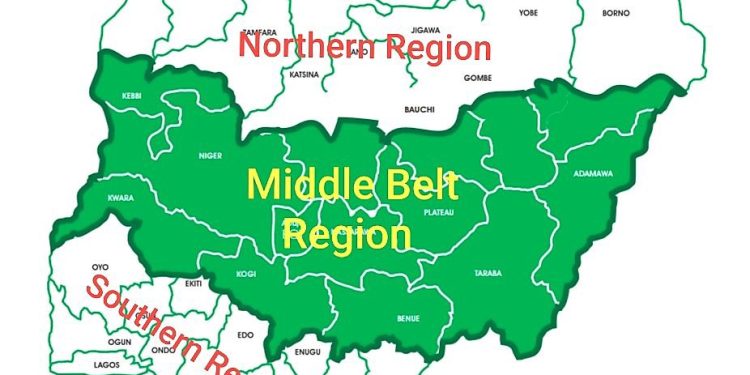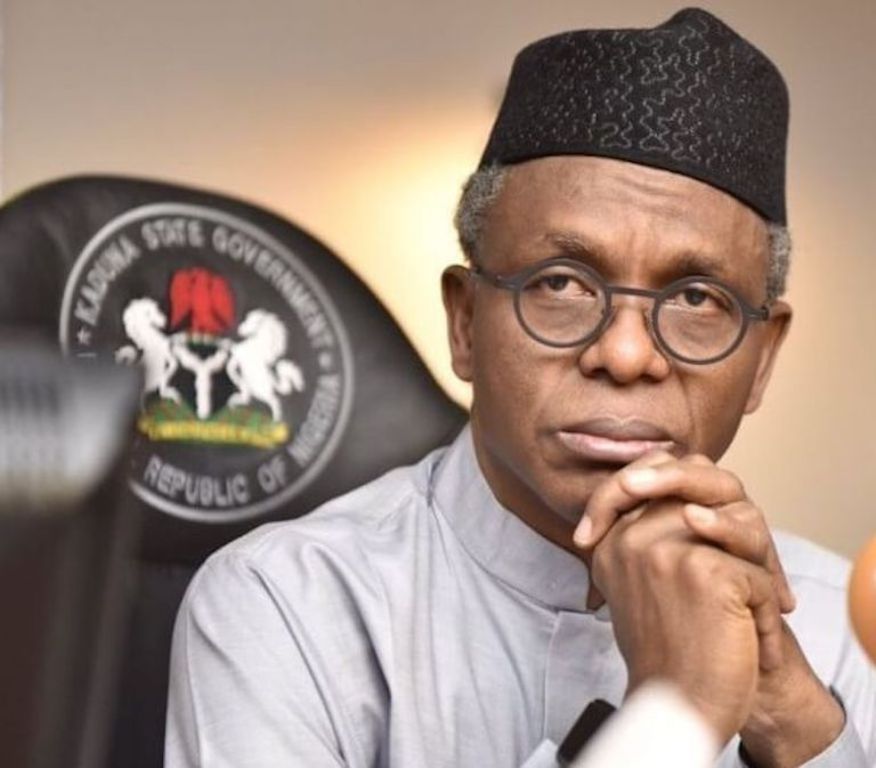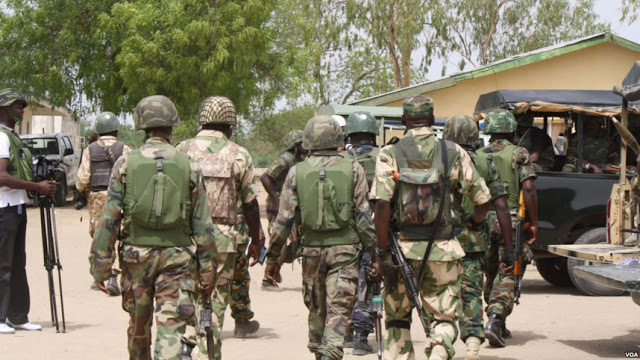By Chidi Anselm Odinkalu
IN the week in which former Kaduna State Governor, Nasir el-Rufai abandoned the ruling All Progressives Congress (APC) to chart a different political trajectory with the Social Democratic Party (SDP), his son, Bashir, characteristically made it known that “Southern Kaduna residents will keep seeing sheghe if they continue to attack indigenous Fulani herdsmen.”
Three things about this, among many, were chilling. One is the absence of any interest in addressing the underlying problem of coexistence between communities. The second is the enthusiastic investment in violence. The third is the indiscriminate nature of the promised violence. This was not the first time an outburst of candour from the El-Rufai clan was laced with unconcealed thirst for human blood.
In January 2019, as the country prepared to go to the polls in a presidential election the following month, the administration of Nasir el-Rufai’s political benefactor, Muhammadu Buhari, guillotined then Chief Justice of Nigeria, Walter Onnoghen. The manner and timing of the decision drew very sharp international rebuke. In response, Governor el-Rufai went on National television to warn that any foreign observers perceived as meddling in the elections “will go back in body bags.” As influential continental news magazine, Africa Report, delicately put it, these were the words of a man who had “previous ‘anti-meddling’ approach to diplomacy.”
This “‘anti-meddling’ approach to diplomacy” appears to be a family investment. Abubakar Idris was a committed supporter of former Kano State Governor, Rabiu Musa Kwankwaso, who lived in Barnawa, in Kaduna South Local Government Area of Kaduna State. From there Mr. Idris, better known as “Dadiyata”, engaged in vigorous criticisms of the ruling APC, one of whose founders happened to be Nasir el-Rufai.
On or about 2 August 2019, Dadiyata vanished. He has not been seen since then. A digital visibility campaign to help locate his whereabouts continues under the hashtag #WhereIsDadiyata. Four and a half months after Dadiyata disappeared, on 23 December 2019, Bashir el-Rufai ominously tweeted: “The same clowns who encouraged him when he was creating false stories and capitalising on lies that could endanger lives solely for political ends are the same individuals trending hashtags asking #WhereisDadiyata. Dangerous lies in the public space have consequences.”
Less than three months later, on 11 March 2020, Bashir’s brother, Bello, currently a member of the House of Representatives, went one better with an even more chilling gloat in poor verse: “The things that we’ve done to protect the name are unsettling. But no regrets though, the name will echo. Years later, none greater. Death to a coward and a traitor, that’s just in my nature!”
At his inauguration as Kaduna State governor in May 2015, Nasir el-Rufai identified insecurity as “an obstacle to progress” and promised to “work with law enforcement officials to drastically reduce violent crime” and “ensure safety of life and limb.” By the time he left office eight years later, he had achieved the exact opposite.
Forgetting this promise, Nasir el-Rufai as Governor brooked no criticism or opposition. No cruelty was considered beyond the pale for them. For daring to disagree with him, el-Rufai demolished the homes of the Zonal vice-chair of his party, Inuwa Abdulkadir; and of his Senator for Kaduna North, Suleiman Hunkuyi.
He was only just beginning. His regime compiled a jaw-dropping list of body bags. Some, like Dadiyata, disappeared, never to be seen again. Others, like Maiwada Raphael Galadima, Agwam Adara III, paramount ruler in Kajuru, turned up dead or decapitated. The Agwam Adara was ostensibly returning home from a consultation with the state government on a crisis in his domain when he was abducted. His wife, abducted with him, was released after the abductors murdered her husband. The Governor was missing from Agwam’s funeral. After his burial, Nasir el-Rufai swiftly abolished his kingdom and purported to carve it into emirates.
Under Nasir el-Rufai and by appointment of the Nigerian Union of Journalists (NUJ), Kaduna State attained “notoriety as the deadliest state for Journalists in Nigeria to operate.” They were not the only endangered species. The strategic research group, SBM Intelligence, concluded also that “Kaduna was the most dangerous state for priests, who were often kidnapped during services.”
The governor’s signal accomplishment was to displace Boko Haram from the top of the league of atrocities. This was no easy feat. In May 2014, the United Nations Security Council listed the Jama’atu Ahlis-Sunna Lidda’Awati Wal-Jihad, (the Islamist insurgency better known as Boko Haram) as a terrorist organisation. Three years earlier, the Gaji Galtimari Presidential Committee on the Security Challenges in the North-East Zone of Nigeria had reported that the group “started as an innocuous non-violent group” around 2003.
Since then, Borno State, the epicentre of Boko Haram’s atrocities, habitually topped the national league table of mass-casualty killings in Nigeria. The monitoring coalition, Nigeria Mourns, reported a peak of 6,138 atrocity casualties in Borno State in 2015. Over the next five years, casualty count in Borno State appeared to drop off quite significantly.
Over 760 kilometres from the Borno State capital, Maiduguri, in Kaduna, the historical capital of northern Nigeria, it almost appeared as if the State government led by Nasir el-Rufai was envious of Borno’s position. In 2015, when Borno State hit the peak in atrocity killings, Nigeria Mourns recorded 411 casualties in Kaduna State. By 2020, the figure had risen to 628. In Borno State in the same year, the count was 1,176 killed.
In 2021, el-Rufai’s Kaduna State overtook Borno to take over the top position in the national body-count of mass-casualty atrocities. That year, Nigeria Mourns recorded 587 killed and 119 abducted in Borno State. In Kaduna State, it counted 1,114 killed and 1,225 abducted. In 2022, at least 1,346 people were abducted in Kaduna State. The comparable figure for Borno State was 77.
To be sure, Kaduna State had a well-advertised history of chronic violence dating back to the 1980s and accounting for tens of thousands killed over the period. Under Nasir el-Rufai however, virulent executive bigotry drove the state beyond the edge through methodical segregation. Leena Hoffman captured the depth of Kaduna’s crisis of sectarian segregation under the governor: “the river that runs through the city of Kaduna, the state capital, highlights the starkness of the divide: the northern half is unofficially called Mecca; the south, Jerusalem.”
The most intense site of chronic mass-casualty atrocities in Kaduna State was Southern Kaduna, which is characterised by linguistic and ethnic diversity coexisting with a high concentration of the State’s non-Muslim populations. For many people, there was only one explanation for the exponential spike in mass-casualty atrocities in Kaduna State – the State governor, Nasir el-Rufai. His administration was widely “accused of a conspiracy of silence” in support of the murderous campaign of extermination in Southern Kaduna.
In one of his earliest acts as governor, Nasir el-Rufai sought exculpation for bandit pastoralists from the chronic massacre in Southern Kaduna, claiming that he had already “spent government money to pay Fulani herdsmen to stop violence in southern Kaduna.” About the armed “bandits” who were to emerge as the fall guys for the violence, Governor el-Rufai later described them as “just collections of independent criminals. It is a business for them.”
When Mr. el-Rufai stepped down from office in 2023, mass-casualty atrocities in Kaduna crashed spectacularly. Nigeria Mourns recorded 413 atrocity killings in Kaduna and 393 abductions. The only thing that appears to have occurred to bring about this transformation was a change in the occupant of the office of state governor.
In January 2017, an audio emerged in which he gloated over the untimely death in 2010 of former President, Umaru Musa Yar’Adua, his high school contemporary at Barewa College, Zaria on whom he had also visited unrestrained bile in his memoirs. Columnist, Farooq Kperogi, observes that Nasir el-Rufai “embodies one of the most morbidly toxic strains of political intolerance in Nigeria. He exteriorises his discomfort with opposition by literally wishing death upon his opponents or claiming credit for their death.”
Bloodlust such as this can never be slaked. Out of power today, el-Rufai seeks to re-brand himself as an ecumenical politician invested in pluralism. Those who make the mistake of jumping into political bed with him will have themselves to blame.
A lawyer and a teacher, Odinkalu can be reached at chidi.odinkalu@tufts.edu













